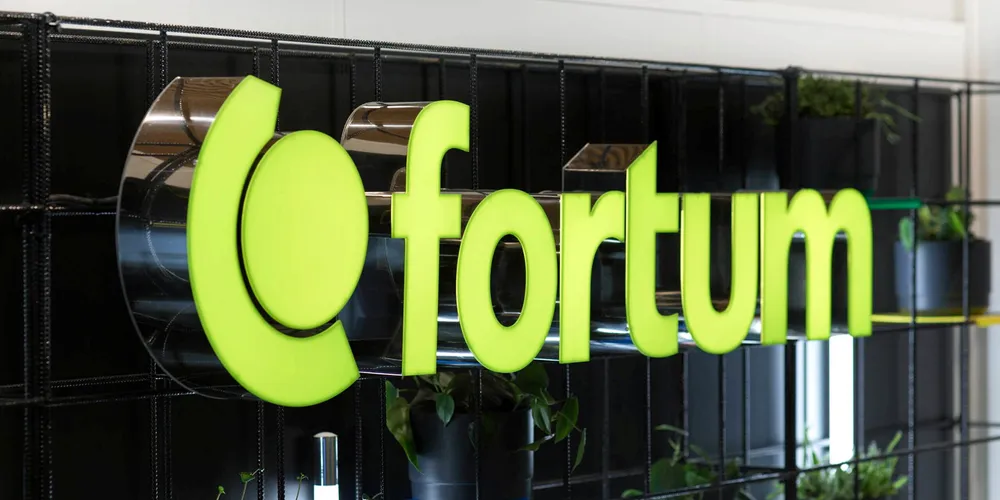Fortum burned as largest player in Russian renewables faces billions in write-downs
Finnish utility says it and German unit Uniper to record $2.21bn in pre-tax impairments following Russia’s attack on Ukraine

Finnish utility Fortum said it and German unit Uniper jointly will record pre-tax impairments of about €2.1bn ($2.21bn) related to the companies' Russian operations in its first quarter results, following the attack on Ukraine and “consequential geopolitical tensions, uncertainties and risks”.
Of the total, €200m is related to Fortum’s stake in Russian power company TGC-1 and renewables joint ventures, €300m are related to fixed assets and goodwill for Fortum’s Russia segment and some €600m for fixed assets from Uniper’s Russian subsidiary Unipro.
The value of Fortum’s net assets in Russia after the impairments still totals €3.3bn.
Fortum before the war was the largest player in Russia’s renewables market, with a portfolio of about 3.4GW of wind and solar farms and development projects, either stand-alone or together with its joint ventures.
Finland traditionally had more business relations with neighbouring Russia than other European nations, but in the wake of the war against Ukraine is rapidly cutting ties and dependencies, as well as considering to join NATO.
Uniper is one of the main importers of Russian fossil gas into Germany, but now is planning to build floating terminals for liquefied natural gas (LNG) on Germany’s coast to substitute Russian energy supplies, as well as a hydrogen import hub.
“We no longer want to be open to blackmail from Russia,” Habeck said, who now also supports an EU-wide oil import embargo on Russia, and added steps to wean Europe and Germany off Russian energy must be coupled with an “accelerated Energiewende (energy transition).”
Other EU countries (ie. Hungary) aren’t as far as Germany yet regarding an oil embargo, and that needs to be respected, Habeck added.
Uniper in late April had already issued a profit warning related to its 2022 results.
The main reason was its mid-stream gas business, Fortum had said. To contribute to security of supply (as the German government has demanded), Uniper has reduced its anticipated gas storage withdrawals in the first quarter, resulting in a significant earnings shift from the first quarter into the remaining quarters of the year.
Fortum will publish its first quarter results on May 12, 2022.
Uniper today said it had incurred a net loss of €3.1bn, mainly due to the impairments on Nord Stream 2 and Unipro.
“The main reason for our negative earnings in the first quarter is that earnings in our gas mid-stream business will be shifted to subsequent quarters of 2022,” Uniper chief financial officer Tiina Tuomela said.
“We deliberately decided to shift earnings in order to seize market opportunities and create additional value.
“By withdrawing less gas from our storage facilities, we’re also enhancing the security of Germany’s energy supply. Because this is an earnings shift and not a shortfall and based on our assumptions regarding our further business performance, we can affirm our earnings forecast for the current financial year.”
(Copyright)